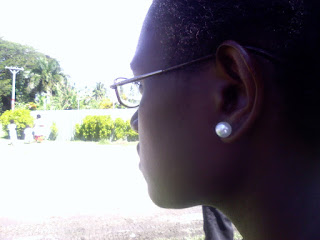Look ahead

By Nathan Matbob Know the past...learn from it, Live the present...make it better and; Look ahead into the future...strive to achieve the best. Life experiences can make or break ones future, and we as rational beings (or so we think) have to go through this process all throughout our lives. Hence, our past shapes the kind of life we live today, therefore it determines the kind of future we may have. However, it is not always the past that can determine the kind of future we achieve. Although the influence can be insurmountable depending on the circumstances, there can always be room for change or a complete turn around. Some folks would often say "Its been in my family for generations, its a curse..." That in itself is a direct self curse because that is how one can predetermine the kind of life he or she will live in the future. The determination of our future is very much dependent on what we do now. If we are job seekers; we will be job seekers for...
